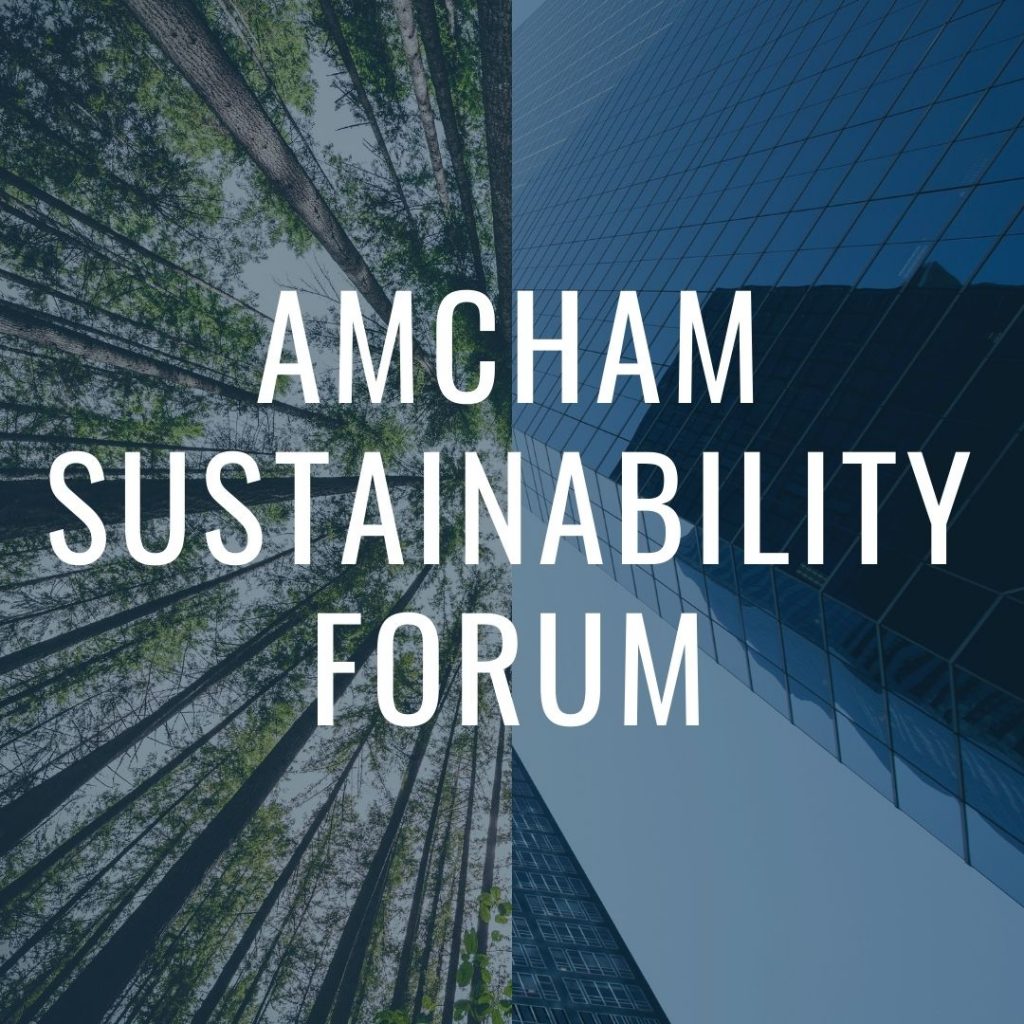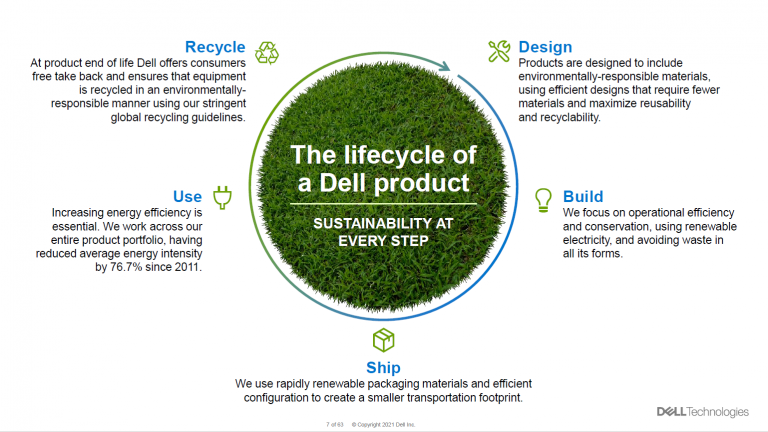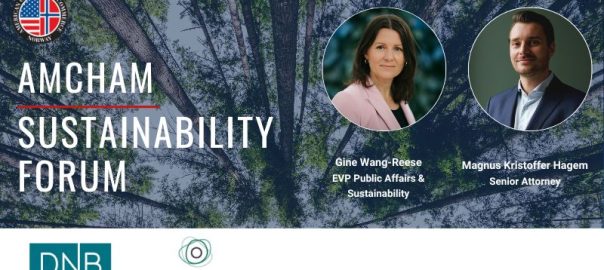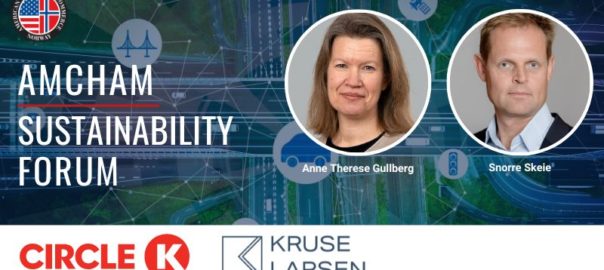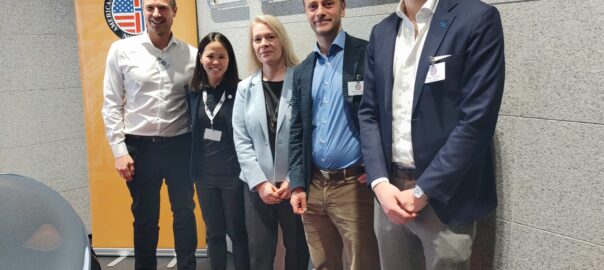
AmCham Sustainability Forum: Regulation as Opportunity & Operationalizing Across the Organization
Cross-industry member leaders gathered at Lucid Motors’ studio for a morning Sustainability Forum focusing on how organizations can best orient themselves toward climate accounting and the methodical integration of sustainable practices across departments.

